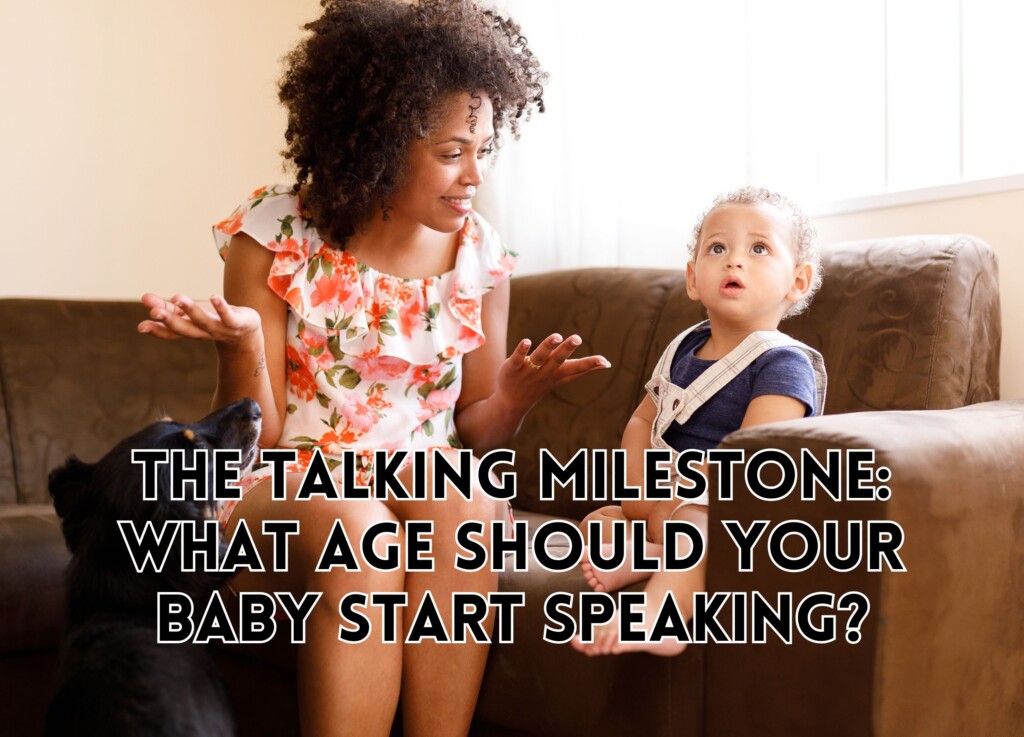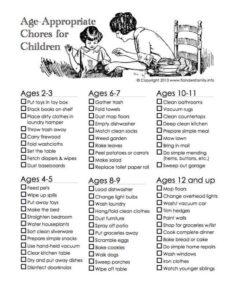The Joy of Baby’s First Words
One of the most eagerly awaited milestones in a baby’s life is the moment they utter their first words. For parents, it’s a magical experience that marks a new phase in their child’s development. But when exactly should you expect your baby to start talking? In this article, we’ll explore the typical timeline for speech development and offer some tips on how to encourage your little one to start speaking.
The Early Stages: Cooing and Babbling
Before babies start forming actual words, they go through a phase of vocal experimentation that includes cooing and babbling. This usually starts around 2 to 3 months of age and is an early indicator of speech development.

The First Words: What to Expect and When
Most babies say their first words between 9 and 14 months. These are often simple words like “mama,” “dada,” or “bye-bye.” However, it’s essential to remember that every child is different, and some may take a little longer to start talking.
Factors Affecting Speech Development
Several factors can influence when a baby starts to talk, including genetics, environment, and exposure to language. Babies who are regularly spoken to and read to are often quicker to develop their speech skills.
When to Be Concerned: Speech Delays
While there’s a broad range of normal when it comes to speech development, it’s generally advised to consult a healthcare provider if your child hasn’t said any words by 16 to 18 months. Early intervention can be beneficial in cases of speech delays.

Encouraging Speech: Tips for Parents
- Talk to Your Baby: The more words your baby hears, the faster they’ll learn to speak.
- Read Together: Reading is a fantastic way to expose your child to new words and concepts.
- Use Gestures: Simple gestures can help your baby understand the meaning of words.
- Repeat Words: Repetition helps reinforce language learning.
- Make It Fun: Use toys, songs, and games to make learning to speak a fun activity.
Every Baby is Unique
When it comes to speech development, there’s no one-size-fits-all answer. Some babies are early talkers, while others take their time. The key is to provide a nurturing environment that encourages language development and to seek professional advice if you have concerns about speech delays. Remember, each child is unique, and that’s something to celebrate.
Additional Tips for Fostering Language Skills
While you’re eagerly waiting for those first words, there are additional ways to foster your baby’s language skills:
Engage in Conversations: The Two-Way Street
Even if your baby can’t respond with words yet, treat your interactions as a two-way conversation. When they babble or make noises, respond as if they’re talking to you. This back-and-forth can help them understand the flow of conversation.
Label Everyday Objects: The Power of Association
As you go about your daily routine, label the objects around you. For example, when you hand them a bottle, say “bottle.” This helps them associate words with objects, making it easier for them to pick up new vocabulary.
Limit Screen Time: The Importance of Human Interaction
While it might be tempting to rely on educational apps or TV shows that promise to boost your child’s language skills, nothing replaces the value of human interaction. The American Academy of Pediatrics recommends avoiding digital media for toddlers younger than 18 to 24 months, except for video chatting.
Celebrate Small Wins: Every Word Counts
When your baby does start to speak, celebrate it! Positive reinforcement can boost their confidence and encourage them to keep experimenting with language.
Consult the Experts: When to Seek Help
If you have concerns about your child’s speech development, don’t hesitate to seek advice from professionals. Pediatricians, speech therapists, and child psychologists can offer valuable insights and suggest strategies for improvement.
Conclusion: Patience and Support Go a Long Way
The journey to those first words is filled with ups and downs, but your support and encouragement are invaluable to your child’s language development. By engaging with them, offering a stimulating environment, and seeking professional advice when needed, you’re setting the stage for a lifetime of effective communication. So keep talking, reading, and interacting with your baby, and those first words will come when they’re ready.
As an Amazon Associate we earn from qualifying purchases through some links in our articles.



